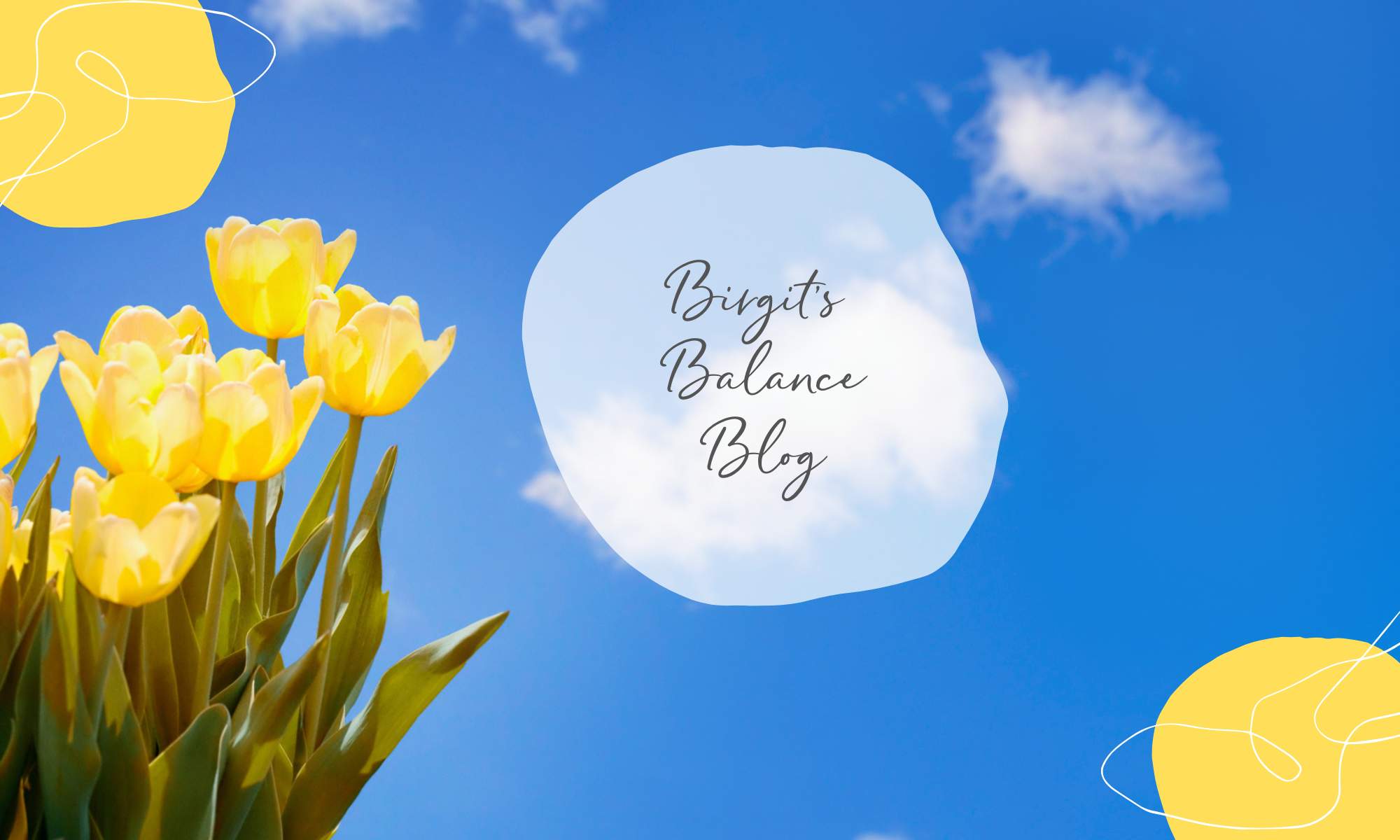
Yesterday I had a conversation with a friend that reminded me of the “If-only-I-hads”.
I once read – and my hairdresser, who volunteers at the hospice, confirms this – that at the end of our lives, we don’t regret what we did – but what we didn’t do.
I call this the “If-only-I-hads”.
Maybe you think it’s tough that I’m writing about the end of life here?
But honestly, isn’t it much tougher that we somehow assume we live forever? – Or, at least in our latitudes, somehow relatively successfully repress the fact that we don’t do so? Instead, we distract ourselves, like driven people running after the “I shoulds” every day with have no time left for what is important to us.
Many decisions, I have wrestled with myself for a long time, became so much easier with the thought “would this be something you would regret in the end if you hadn’t/had done it?” This consideration usually sents me clear signals about what the right decision is for me. I want to leave this planet with as few “If-only-I-hads” as possible.
Careful, there’s a little catch here: it’s not about what “you should have done” or what the world tells you is right and wrong – it’s solely about your own inner compass.
If-only-I-hads for me, come in three categories:
If-only-I-hads in relation to experiences.
Is there something you’ve always wanted to try?
Or a place you absolutely want to see?
If-only-I-hads in relation to jobs and careers
This includes, for example … “I wish I had done that further training”.
If only I had taken the plunge into self-employment …
If only I had looked for another job …
If only I had reduced my working hours…
If only I had dared to take on the project…
If-only-I-hads in relation to relationships…
If only I had called to clarify the situation.
If only I had forgiven.
If only I hadn’t been too proud to ….
If only I had invested more time in the relationship with x/y/z.
If only I had taken the initiative …
Reasons for If-only-I-hads, i.e. for not doing things even though we OUGHT to do them, are manifold – pride, embarrassment, being offended, fears, wanting to be right, assumptions, interpretations, prejudices … most of them can be summarised under: EGO.
Our ego causes
- That it is difficult for us to jump over our shadow (“I am really too embarrassed to get in touch again because how it went last time …”)
- That we want so much to be right – sometimes even with assumptions that have not even been checked! (“If you are self-employed, you work yourself and all the time and are always afraid that the money won’t be enough”. / “He/she probably doesn’t want to see me anyway – as long as he/she hasn’t contacted me now …”). (Third-hand information is also assumption, by the way).
- That “the principle” is more important to us than the matter (“Nah, he/she started the argument after all, why should I approach him/her?”).
Yes, our ego is important because it also has a protective function and helps us to draw boundaries. But when it becomes too important and takes us further away from what really matters to us, then it is time to park it.
How do you recognise “If-only-I-hads”?
They keep coming up – because somehow you haven’t made your peace with them yet.
Something keeps triggering you.
If, for example, you have made peace with the fact that the connection to a certain person no longer exists, then there is no longer any regret or anger about it.
What “If-only-I-hads” are there in your life?
What is really important to you?
Which “If-only-I-hads” could you turn into a “do-it-now” next week?
What do you want to clarify, try out, decide in order to achieve more inner peace?
Seize the day and be good to yourself!
Birgit
